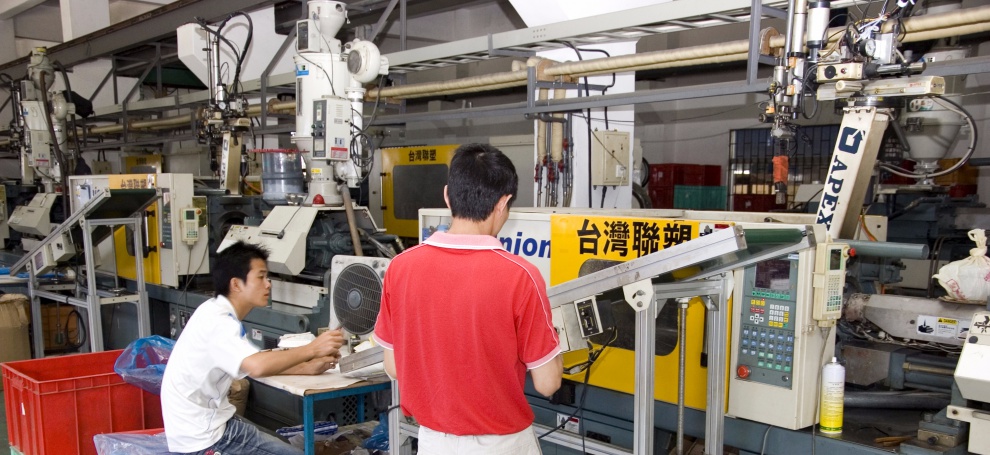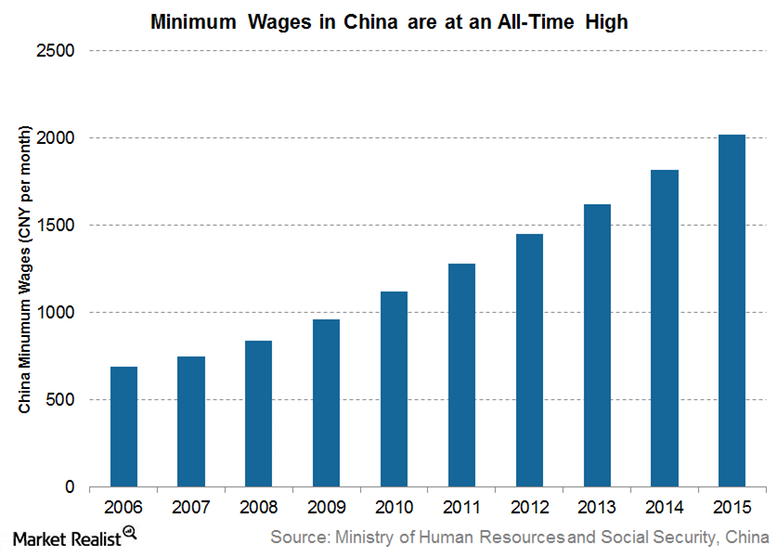From People to Cars: The Robotic Revolution in China

In China , a quiet revolution is unnoticed by many . Few have heard of a company like Shenzhen Everwin Precision Technology, but it makes history. At the beginning of last year, a company manufacturing electronic components announced its plans to build the country's first fully automated factory. About 1,000 industrial robots must replace workers on production lines. Thus, the company plans to increase productivity and find a solution to the problem of reducing the number of working-age population and rising wages.
Previously, it was thanks to cheap labor that China was able to become a global producer. However, this trend is fading. The controversial “one child” policy was able to keep the population growing rapidly, but the number of able-bodied people aged 16 to 59 years is decreasing. And this means increased competition in industrial areas of China, as, for example, in the southeastern province of Guangdong. Meanwhile, the younger generation of workers is not trying to go to work in production, but is trying to find a more relaxed job that requires less effort.

Market reality. Due to the “one child” policy, which has recently been canceled, the number of young workers has declined significantly in recent years. According to the Department of Human Resources and Social Security of Guangdong Province, the numberlocal industry workers decreased by 600-800 thousand people, which, in turn, led to an increase in wages. In 2005, the average annual salary in China was 18,364 yuan, and by 2014 reached 56,339, which is a record high.

Wage growth has put China at a disadvantage. Earlier, as already mentioned, the country's advantage in the sphere of production was precisely cheap labor, and with the growth of wages this advantage is lost. The abolition of the “one child” policy is only a small part of the decision. The robotic revolution can greatly alleviate this problem.
Guangdong Province is often called the world factory. More and more enterprises in the region are trying to replace human labor with machine labor.in order to make products cheaper and their production cycle more efficient. According to Reuters, the goal of Guangdong's provincial capital, Guangzhou, is to automate 80% of the industry by 2020.
Photo: BartlomiejMagierowski / Shutterstock.com
